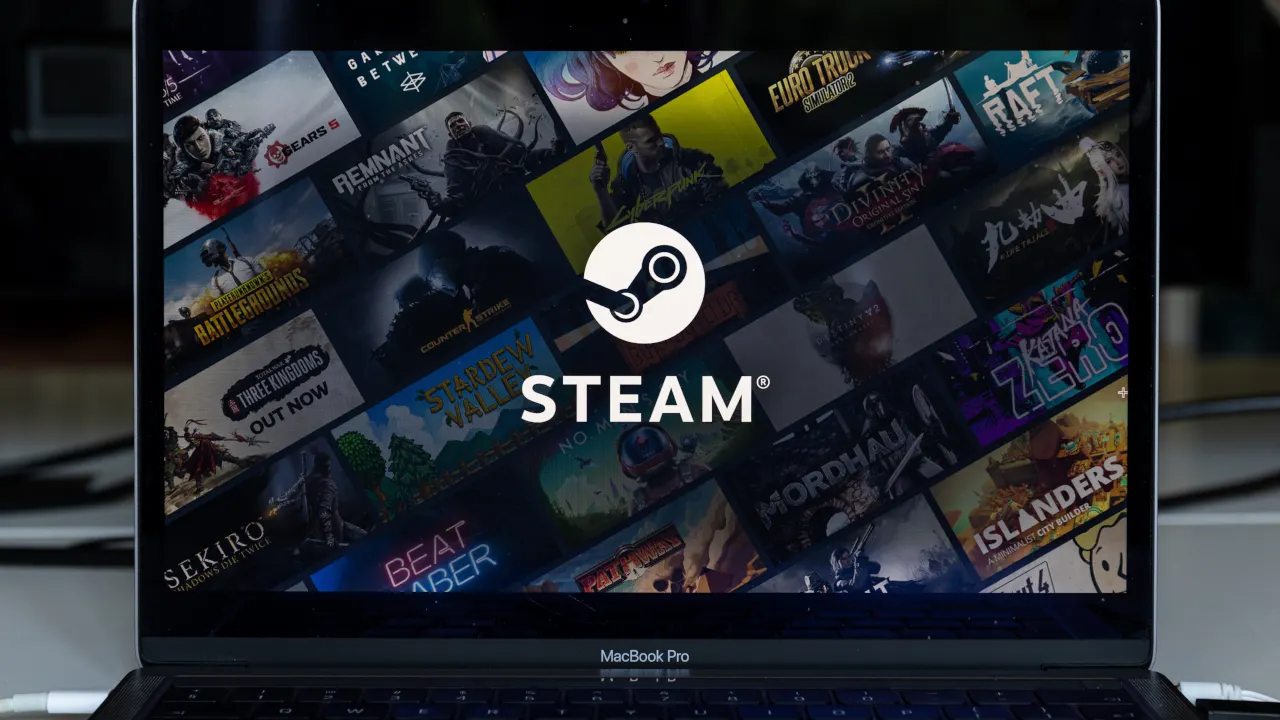Steam is the leading PC gaming marketplace—but it might not be very friendly to games developed using generative AI tools.
Rumors are swirling across online communities that Valve, the company behind the popular gaming platform, plans to issue—or has already instituted—a ban on games that use AI-generated art, citing copyright concerns.
The speculation started earlier this month after a Reddit user named Potterharry97 posted what they claimed was Valve's response after submitting a game to be listed on Steam. The poster acknowledged using AI-generated art in the game's design.
PSA: Valve has been quietly banning newly submitted Steam games using AI-created art assets - if submitters can't prove they have rights for the assets used to train the algorithms: https://t.co/WhWpJpaFjl pic.twitter.com/5KhzJESYxk
— Simon Carless (@simoncarless) June 29, 2023
According to the user, Steam allegedly declined to publish the game because it contained AI-generated art assets that appeared to be based on copyrighted material. In a response, Valve expressed concern about the legal ownership of the AI-generated art, and asked the user to confirm that they owned the rights to all of the intellectual property used to create the art in the game.
"After reviewing, we have identified intellectual property in [Game Name Here] which appears to belong to one or more third parties," the notice said. "As the legal ownership of such AI-generated art is unclear, we cannot ship your game while it contains these AI-generated assets, unless you can affirmatively confirm that you own the rights to all of the IP used in the data set that trained the AI to create the assets in your game."
Even after claiming to update the art so that there were no longer apparent signs of AI use, Potterharry97 alleged that Steam still denied the game.
"While we strive to ship most titles submitted to us, we cannot ship games for which the developer does not have all of the necessary rights," the second notice said. "At this time, we are declining to distribute your game since it’s unclear if the underlying AI tech used to create the assets has sufficient rights to the training data."
To soften the blow, Potterharry97 said Valve offered a refund of Steamworks publishing app credits, which are usually non-refundable.
Jake Birkett, an indie developer at Grey Alien Games, tweeted today that a “trusted” source shared a similar response from Valve in regards to AI-generated text in a game. Other pseudonymous posters have shared what they claim are their experiences encountering pushback from Valve towards games with AI-assisted elements.
6) It's not just art, it's text too (source trusted by me): pic.twitter.com/sHhekyV91O
— Jake Birkett - Veteran Indie (@GreyAlien) June 29, 2023
Valve provided a statement two days later that read, in part:
"The introduction of AI can sometimes make it harder to show a developer has sufficient rights in using AI to create assets, including images, text, and music. In particular, there is some legal uncertainty relating to data used to train AI models. It is the developer's responsibility to make sure they have the appropriate rights to ship their game."
While the company said its priority is to "ship as many of the titles we receive as we can," it broadly described its review process as "a reflection of current copyright law and policies, not an added layer of our opinion."
"We welcome and encourage innovation, and AI technology is bound to create new and exciting experiences in gaming," the company said. "While developers can use these AI technologies in their work with appropriate commercial licenses, they can not infringe on existing copyrights."
As an acknowledgement of the frustrations expressed by some game developers, Valve affirmed that it would offer refunds for app submission credits as it evaluates its review process.
If Steam is starting to ban games with AI-assisted elements, it hasn’t yet removed such games that were previously approved and published. Cyan Worlds’ puzzle adventure Firmament, for example—which drew criticism from some players this month for its AI elements—is still available on Steam. So are other games with AI components.
Trademark and copyright enforcement has been a hot-button issue amid the launch of generative AI platforms like Stable Diffusion and MidJourney. A sticking point in the ongoing negotiations in Hollywood centers around the use of AI to create renderings of actors and material based on content already produced—without compensating performers or writers.
As AI-generated images have advanced in recent months, more platforms are rolling out to detect AI use, including Optic's AI or Not and Illuminarty.
If it’s true that Valve is banning games with AI-generated art, it wouldn’t be the first time the company has blocked certain content from its platform. In late 2021, Valve banned blockchain-based games with NFT elements from the Steam store.
Editor's note: this article has been updated to include a response from Valve.

